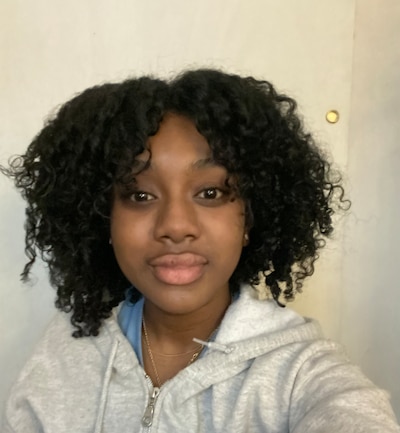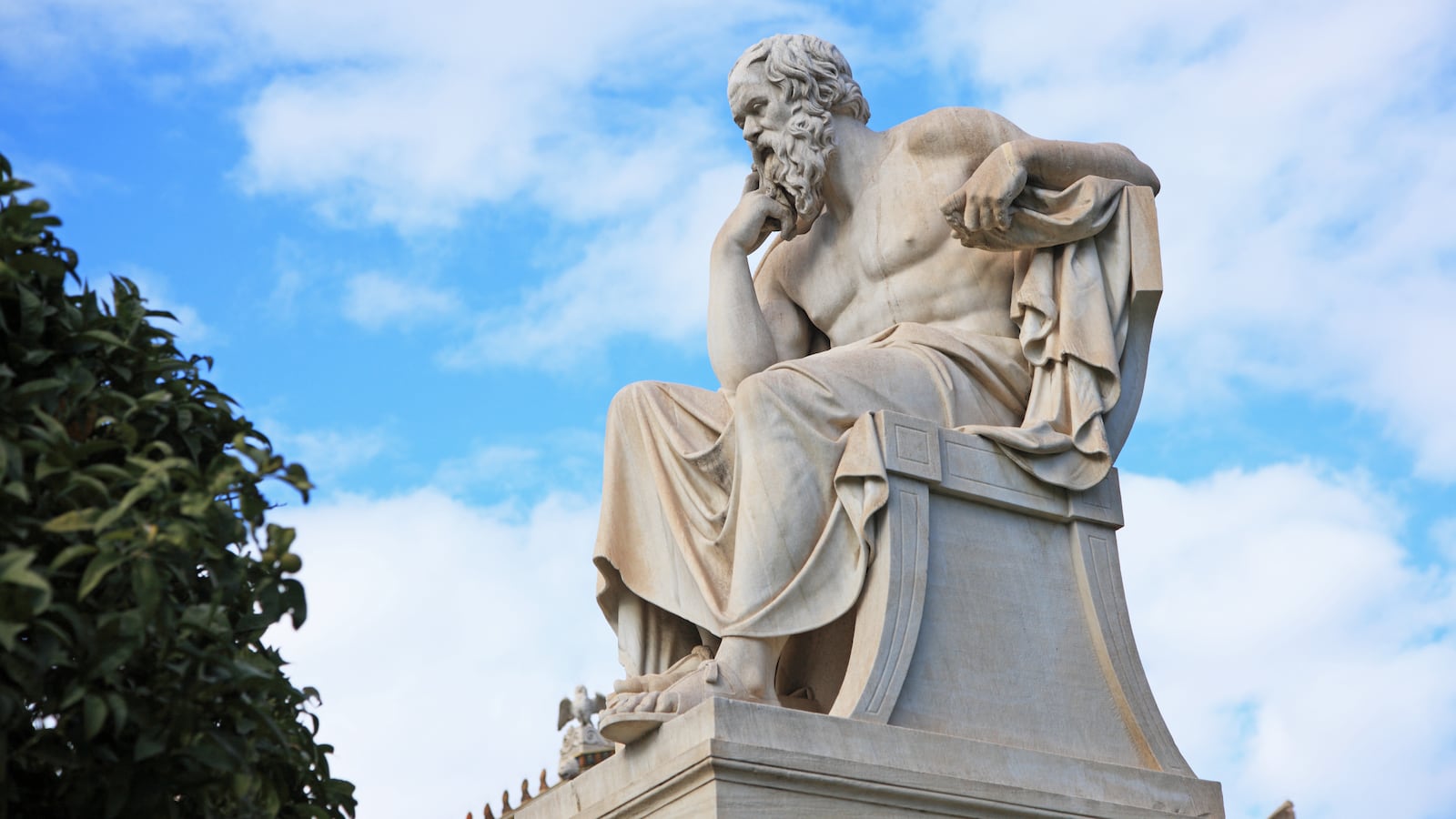As the neuroscience professor pulled out my chair, gesturing toward my seat, I wondered what he would ask. Once I was seated, the professor who was conducting my college interview wanted to know, “What is your greatest strength?”
For a few seconds, I struggled to form a coherent answer. Then it came to me. “I believe that being curious is my greatest strength,” I told him. Raising his eyebrows slightly, he replied, “Curiosity killed the cat,” and then added, “I’m only kidding.”

I knew he was joking, but I also knew what he meant.
For a long time, I had seen my curiosity as a weakness. I used to think about college as a series of stepping stones, with one course leading to another, leading eventually to medical school, residency, fellowships, and a career in dermatology. My plan to achieve this goal was straightforward: no distractions. I would major in biology, chemistry, or biochemistry, and I’d minor in something science- or math-related that would look good on a medical school application.
Then, in the summer of 2021, when I was a rising high school junior, I took Philosophy 101 at Lehman College in the Bronx. I enrolled through College Now, a program that allows New York City public school students to earn credits at City University of New York campuses. Why philosophy? To be honest, I chose it on a whim. I expected this 5-week online course to be interesting and a productive way to spend my summer; I didn’t expect this class, which introduced me to the words and works of Socrates, Plato, Aristotle, Descartes, and other moral philosophers, to change my whole approach to higher education.
But that’s what happened. During the second week of class, we were examining the work of Socrates. As I loaded the excerpt of “Plato’s Apology” and read along, Socrates’ words, as recorded by Plato, spoke to me: “An unexamined life is no life for a human being to live.” My eyes widened and my posture fixed, I read these lines against my bright computer screen over and over until the voice of my professor broke my trance. He wanted to know: Could anyone in the class explain the significance of Socrates’ words?
I raised my hand on the Zoom and did my best to explain that the wise philosopher was making a claim on how we should live. “He believed that people should acknowledge the quality of their being and that of others,” I said. To me, this meant getting curious about all aspects of yourself, putting yourself in academic, social, and cultural spaces that will expand your worldview, and being open to personal growth along the way.
After meditating on that idea even after the course was over, I realized Socrates was right. A meaningful life means a commitment to exploration; it means thinking deeply about the biggest questions humans ask about our world. So much of what we know about the world and how we present ourselves in it requires listening to others and exchanging ideas. The examined life is not a solitary pursuit.
Prior to taking the philosophy class, I had worried about my natural curiosity. In my defense, the media I consumed depicted medical studies as a long, tough road. Health care workers in my life reiterated to me that becoming a doctor meant a very specific educational trajectory; it’s not like I could skip classes in the hard sciences and expect to be admitted to medical school. As a result, I blocked out any desire to focus on topics that didn’t directly relate to medicine.
My plan to achieve this goal was straightforward: no distractions.
But what if that curiosity was useful instead? Being immersed in ideas such as Socrates’ prompted me to think about the person I am outside of STEM. I began to see college as a place to gain knowledge and explore my interests, not just fulfill prerequisite classes or look appealing as an applicant to medical schools.
The funny part about this revelation is that I also now see so many ways that learning about religion, philosophy, and other humanities will intersect with medicine. After all, my chosen career will put me in constant interaction with people of varying backgrounds and belief systems, people who are facing consequential, even life-or-death, choices. A person’s beliefs can impact how they think about their body, health, and potential medical interventions. Exposure to the humanities is bound to make me a more agile, open-minded, and compassionate physician.
Now as a high school senior looking ahead to college, I’m excited to take a range of undergraduate courses, even ones that don’t have an obvious connection to medicine. That philosophy class expanded my view of what college — and my life — should look like.
Jasmine Harris is a senior at Bronxdale High School in the Bronx. She is interested in the humanities and natural sciences, and she likes to travel to Manhattan to take pictures.


